
DefendDefenders’ oral statements at HRC61
Oral statements delivered during the 61st session of the UN

Oral statements delivered during the 61st session of the UN

Dear Friends, 2025 was a year of reflection and celebration for DefendDefenders and AfricanDefenders, as we marked 20 years of protecting human rights defenders(HRDs)across the East and Horn of Africa and the continent. In my traditional end-of-year message, I looked back on the milestone and our activities through the year and invited our valued partners to join me in reflecting on our shared work.
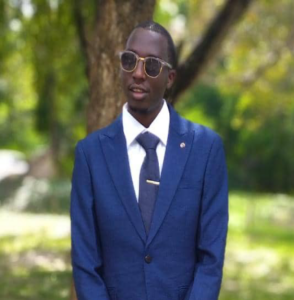
Moses Mereto Mollel is a human rights defender and disability rights advocate from Ngorongoro District in Tanzania’s Arusha Region. He currently heads the Disability Initiative Support Programme at the Ngorongoro Legal Aid Centre (NGOLAC), where he works to promote the rights, dignity, and inclusion of persons with disabilities within pastoralist and marginalised communities.
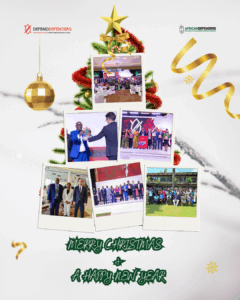
Dear Colleagues and Friends, As we close our year’s work at DefendDefenders and AfricanDefenders, it is my traditional honor to invite you to join me as we reflect on our year’s work, as valued partners in a common pursuit to ensure a safer working environment for human rights defenders (HRDs) across Africa.
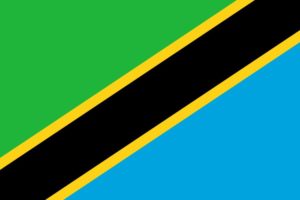
Following the Tanzanian authorities’ brutal response to widespread protests that
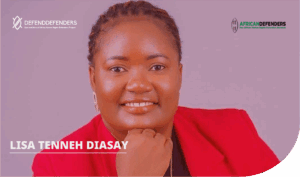
“Cyber security issues and incidents of digital hacking permeated the media world all around me, and I was genuinely concerned. To make matters worse, Women TV Liberia had run a story which ruffled a few feathers across the political field, resulting in our Facebook page and website being hacked. I even felt like I was being watched and followed. At one point, I went into hiding, fearing for my life.”

Hello Friends, All eyes and ears were on Tanzania as we got into November, following the general elections and the troubling reports of post-election violence. What should have been a moment of democratic expression quickly descended into unrest, with clashes reported in several regions and allegations of excessive force by security agencies.
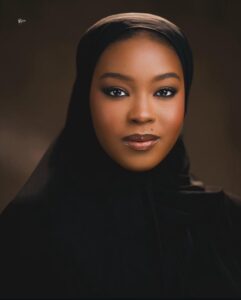
On the night of 14 April 2014, dozens of Boko Haram fighters stormed a girls’ school dormitory in Chibok, a small Christian enclave in northern Nigeria. 276 schoolgirls, most of them between the ages of 16 and 18, were forced at gunpoint into the forest after militants set the school ablaze. As the world woke up to the horror of the Chibok abductions,
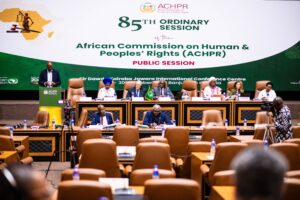
Our 14-member delegation’s engagement at the session and in the preceding NGO Forum under the African Union’s 2025 theme, “Justice for Africans and People of African Descent through Reparations,” was guided by a commitment to amplify the voices of HRDs across Africa.
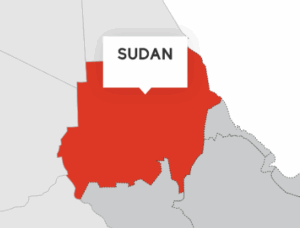
In light of the atrocities committed by Sudan’s paramilitary Rapid